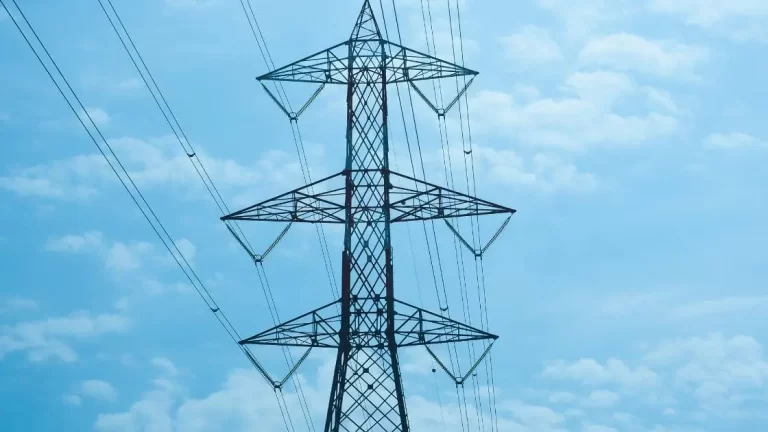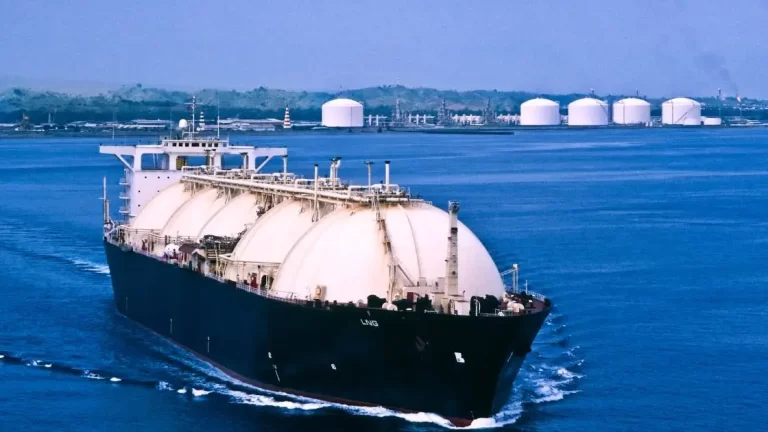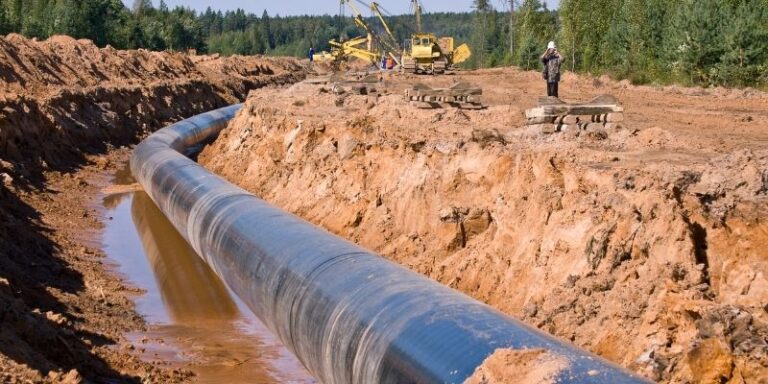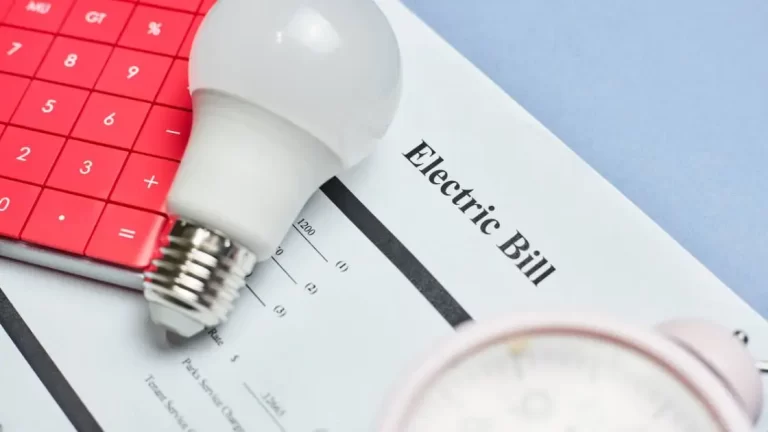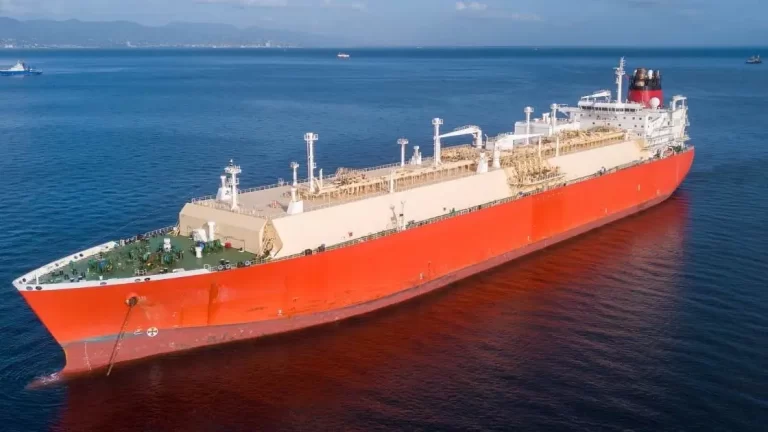Pakistan, Iran to ink deal of LPG import payments in Pak Rupee
Pakistan and Iran are in talks to pay for LPG import in the Pakistan rupee amid US sanctions against Iran.
Due to US sanctions against Tehran, Pakistan has not been able to pay for LPG imports from Iran.
Pakistan has also been importing oil from Iran since 2010. However, Pakistan halted the oil trade in the wake of tightening US sanctions against Tehran.
Pakistani refineries and companies had not been able to open Letters of Credit (LCs) for oil imports.
Problems in LPG import from Iran
The same happened in the case of LPG imports from Iran. Pakistani companies have been importing LPG through the Pak-Iran border.
However, traders had been making payments through the barter system. Now, the commerce minister had informed the government two countries were negotiating a deal to make payment of LPG in the Pakistan rupee.
Pakistan, Iran to finalize LPG import deal
Pakistan and Iran were expected to finalize the deal in the upcoming meeting of the intergovernmental commission.
Officials said that it would also lead to ending the monopoly of LPG importers.
These importers were looting the consumers and causing a hit to the national exchequer due to tax waivers.
The Oil and Gas Regulatory Authority (Ogra) had already raised the tax disparity in favour of LPG importers.
The regulator had suggested that the government impose uniform taxes on the local liquefied petroleum gas (LPG) producers and LPG importers.
The tax disparity has resulted in massive tax breaks for liquefied petroleum gas (LPG) importers.
Ogra emphasized the need for the government to adopt uniform taxation.
The oil and gas industry regulator stated, “Distortion in duties and taxes on locally produced and imported LPG is providing unfair benefits to importers.”
In the budget for FY23 that the government announced in the second week of June, the government increased the petroleum levy on locally produced LPG from Rs4,569 per tonne to Rs10,111 per tonne, an additional Rs8 billion burden on the economy.
Domestic LPG producers are at Risk
The major LPG producers are state-owned corporations such as Pakistan Petroleum Limited (PPL) and Oil and Gas Development Company (OGDC).
They have suffered greatly due to the influence of LPG importers on government policies and LPG importers have made billions of rupees in additional profits at the expense of the national exchequer.
The Pakistani government owns a majority stake in state-owned LPG producers and has incurred significant losses due to policies favouring importers.
The LPG importers are depriving the national treasury of revenue by making billions from sales to poor consumers due to a massive disparity in tax rates.
The government imposed a petroleum levy on locally produced LPG to create a favourable environment for importers.
In contrast, the Jamshoro Joint Venture Limited (JJVL) LPG plant has been closed for the past few years. It has led to a rise in LPG imports, which has put pressure on the country’s foreign exchange reserves.
Disparity in Taxes
Ogra quoted the price of LPG in July. The regulator noted that LPG producers were paying Rs4,689 per tonne in petroleum levy, whereas importers were exempt.
In addition, producers paid Rs 32,027 per tonne in sales tax. However, LPG importers paid Rs 18,373 per tonne in sales tax.
The price of LPG produced locally stood at Rs 220,421 per tonne. However, LPG’s imported price was Rs 202,098 per tonne.
To calculate this, Ogra used the same Saudi Aramco contract price for domestic LPG ex-plant/refinery and imported LPG ex-port.
LPG Association Chairman calls for reopening JJVL LPG Plant
Ogra stated that locally produced LPG and imports dominated the market in nearly equal proportions.
Due to taxes and duties, there was already an imbalance between the bulk prices of imported and locally produced LPG.
Given the circumstances, Ogra believed that all taxes and duties on locally produced and imported LPG should be uniform. Ogra said that both competed in the market.
In addition, Ogra determines the maximum consumer price, but only for the local LPG production, which becomes the benchmark for consumer pricing.
“The disparity in taxes and duties distorts the market and provides an unfair advantage to imported LPG,” Ogra stated.



